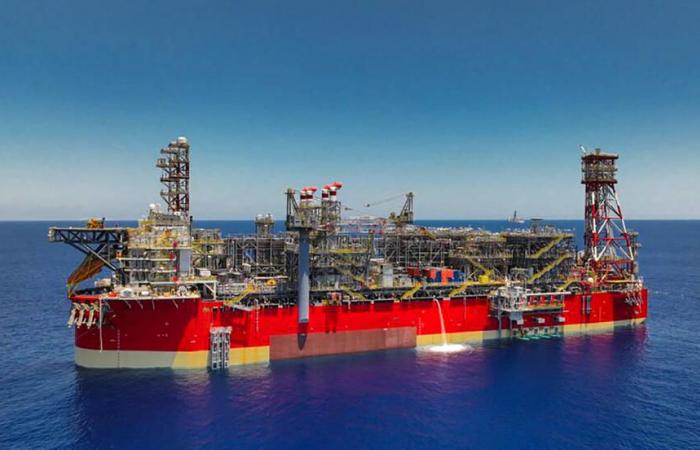The Kingdom aspires to become a continental energy hub, attracting international operators such as the energy group Energean. A major player in the field of fossil fuels, Energean highlights through its establishment the economic assets and natural resources of Morocco. Thus, the group is withdrawing from Egypt, Croatia and Italy to concentrate on Morocco, a strategic choice in terms of long-term investments.
The current way of life depends more than 80% on fossil fuels (oil, gas and coal). According to the Paris Agreement, it is imperative to review our environmental management model, in particular by reducing our energy consumption and making it less polluting.
Experts emphasize that the distribution of production and consumption of fossil fuels is unequal on a global scale, which should encourage energy taxation proportional to the level of pollution in countries. This distribution depends on natural resources but also on the development of each country. The most sober countries are often the poorest, an undesirable situation. In the global warming debate, commentators from rich countries point the finger at countries like China and the United States for their excessive use of polluting energy. However, rich countries, financially and technologically capable of beginning the energy transition, are not necessarily exemplary.
The United States added 4 million barrels of oil (mostly shale) to the global market. Canada developed tar sands oils, considered the dirtiest oil in the world. Some countries have the capacity to reduce their energy consumption without harming their standard of living. The positive correlation between the HDI (Human Development Index) and annual energy consumption ceases at 4 tonnes of oil equivalent (TOE) per inhabitant.
This means that in developing countries, energy consumption is linked to improving the quality of life (access to electricity, sanitation or household appliances increases energy consumption), but beyond 4 TEP per inhabitant, well-being no longer increases, making any additional consumption superfluous.
However, countries such as the United States, Japan, Sweden and Australia exceed this threshold. They could therefore reduce their energy consumption without impacting their quality of life. It is no longer a question of necessity, but of choice.
Overall, the energy we consume depends on political choices. The quantities produced and consumed are dictated by the organization of world trade (free trade, international trade), the logic of this organization (competitiveness, ignorance of environmental impacts) and the mass consumer society.
Establishment of the Greek group Energean in Morocco
Mediterranean oil and gas producer Energean has signed an agreement to sell its assets in Egypt, Italy and Croatia to private investment fund Carlyle, for up to $945 million. This transaction allows Energean to focus on its strategic projects in Morocco.
The deal includes an upfront cash payment of $504 million, entitling London-listed Energean to distribute a $200 million special dividend and fully repay a $450 million corporate bond. Following the announcement, Energean shares rose more than 3%.
Experts believe that this transaction is advantageous for Energean, which sells its assets at a price three times higher than their acquisition cost. Energean plans to expand into the Europe, Middle East and Africa region, where political support for gas and coal replacement is significant.
In 2023, Energean produced 123,000 barrels of oil equivalent per day (boed). For 2024, production in Egypt is expected to increase from 25,000 to 29,000-31,000 boed.
This acquisition provides a solid foundation for building an independent regional champion in the Mediterranean, one of the most dynamic natural gas markets in the world.
This transaction will allow Energean to have sufficient liquidity to honor its commitments and to focus on its development strategy focused on natural gas, in particular the development of its activities in Israel and its recent entry into the Anchois field in Morocco. .
Energean holds 45% and 37.5% shares in the Lixus and Rissana offshore licenses, thus becoming the operator. Chariot retains 30% and 37.5% interests in these licenses, while ONHYM maintains its 25% stake in each of them. Chariot received an upfront payment of $10 million from Energean.






